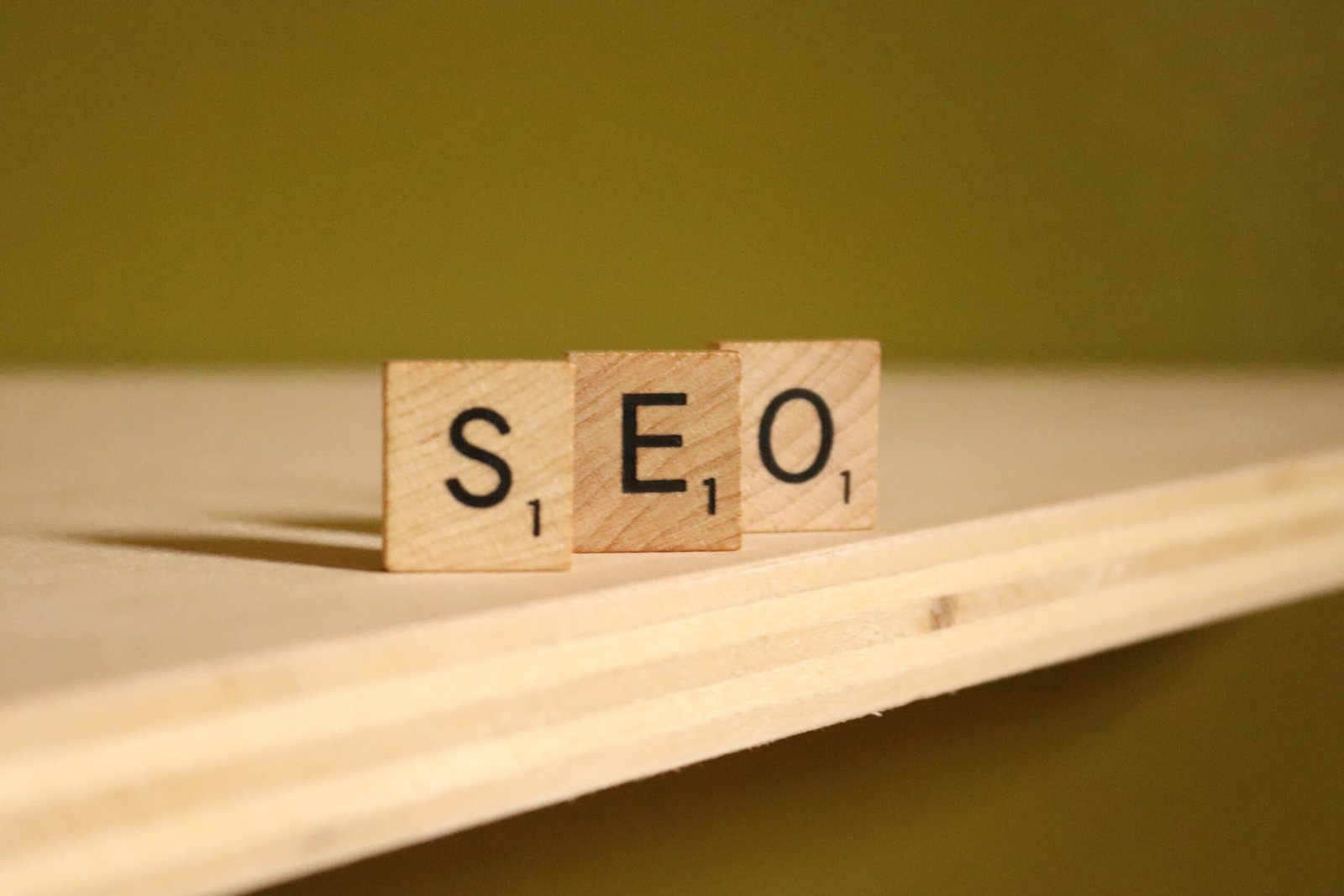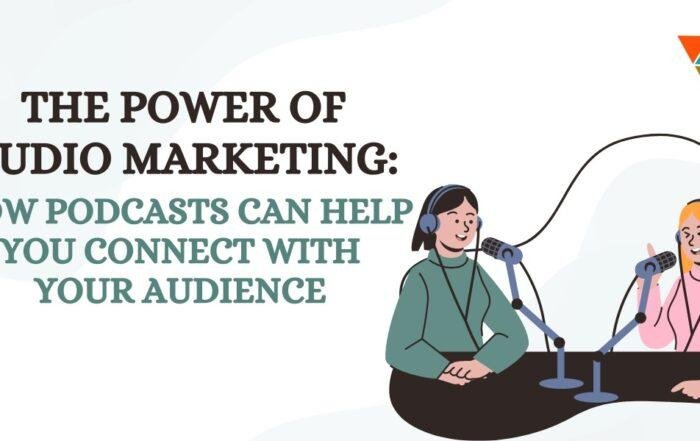7 Common SEO Mistakes

Search Engine Optimization (SEO) is a process by which a site can improve its position in the search engine results pages (SERP) for certain queries. The objective of SEO is to fill any of a website’s deficiencies so that the site may rank higher for relevant queries. However, with so many different factors to consider, it’s easy to make common mistakes that can hurt your ranking. In this blog post, we will explore 7 common SEO mistakes and how to avoid them. From failing to optimize your title tags to not using keyword-rich anchor text, we’ll cover everything you need to know to stay on top of your SEO game.
What is SEO?
1. What is SEO?
Search Engine Optimization, or “SEO” for short, is a process of improving the visibility and ranking of a website on search engines like Google and Bing. The goal of SEO is to increase organic (non-paid) traffic to a site by improving its search engine results page (SERP) ranking for relevant keywords.
Many factors contribute to a website’s SEO, including on-page elements like title tags and meta descriptions, as well as off-page factors like link popularity and social media engagement. While there’s no magic formula for the perfect SEO campaign, there are certainly some common mistakes that can hurt your chances of success.
Some of the most common SEO mistakes include:
1. Not doing keyword research: Keyword research is essential for any successful SEO campaign. You need to identify the right keywords to target based on your business goals and audience needs. Without proper keyword research, you could be wasting your time and money targeting the wrong keywords or keywords that are too difficult to rank for.
2. Not optimizing your website for mobile: With more and more people using mobile devices to access the internet, your website must be optimized for mobile. This means having a responsive design that looks good on all screen sizes, as well as ensuring that your content loads quickly on mobile devices.
3. Ignoring local SEO: If you’re running a business that serves a particular geographic

The Different Types of SEO
There are many different types of SEO, and each one is important in its way. Here are some of the most common types of SEO:
On-page SEO: This type of SEO focuses on optimizing the content and structure of your website to make it more search engine friendly.
Off-page SEO: This type of SEO focuses on promoting your website through link building and other online marketing activities.
Technical SEO: This type of SEO focuses on improving the technical aspects of your website, such as site speed and architecture.
Local SEO: This type of SEO focuses on optimizing your website for local searches.
SEO can be a complex and time-consuming process, but it’s important to make sure you’re covering all your bases. If you’re not sure where to start, contact an experienced SEO consultant or agency to help you get started.
Pros and Cons of SEO
Search Engine Optimization (SEO) is the process of improving the visibility and ranking of a website or web page in search engine results pages (SERPs). The higher the ranking, the more likely people are to find the site.
SEO can be divided into two main categories: on-page SEO and off-page SEO. On-page SEO refers to optimizing the content and structure of a website to make it more visible and relevant to search engines. Off-page SEO, on the other hand, refers to things like link building and social media engagement, which can help improve a website’s visibility and ranking.
There are both advantages and disadvantages to using SEO. Some of the main pros of SEO include:
-Increased traffic: One of the main benefits of SEO is that it can help increase the amount of traffic that a website receives. This is because a higher ranking in SERPs usually leads to more clicks and views.
-Improved ROI: Another benefit of SEO is that it can lead to improved ROI for businesses. This is because a well-optimized website tends to convert more visitors into customers or leads.
Some of the main cons of SEO include:
-It takes time: One downside of SEO is that it can take quite some time to see results. This is because it can take weeks or even months for a website to climb up in rankings. And even then, there’s
What Factors Affect SEO?
Many factors affect SEO, and it can be difficult to keep track of all of them. Here are some common SEO mistakes that can hurt your ranking:
1. Not using keywords correctly. Keywords are the foundation of SEO, and if you’re not using them correctly, you won’t be able to rank well. Make sure you’re using relevant keywords throughout your site, including in your titles, headings, and content.
2. Not optimizing your website for mobile. More and more people are using their mobile devices to search the web, so if your site isn’t optimized for mobile, you’re missing out on a lot of potential traffic. Make sure your site is responsive and looks good on all device sizes.
3. Not taking advantage of social media. Social media is a powerful tool that can help you reach more people and promote your content. Be sure to post regularly and interact with your followers to get the most out of social media.
4. Not having enough content. A common misconception is that you need a lot of content to rank well on Google. However, quality is more important than quantity when it comes to SEO. Make sure your content is informative and keyword-rich to give yourself the best chance at ranking well.
5 . Not link building. Link building is an important part of SEO, but it’s often overlooked. To rank well, you need to get links from high-quality websites pointing back

How to Optimize Your SEO
It’s no secret that SEO is one of the most important aspects of digital marketing. However, it’s also one of the most misunderstood and misused disciplines in the marketing world. As a result, many businesses make common SEO mistakes that hurt their online visibility and bottom line.
To help you avoid making these same mistakes, we’ve compiled a list of some of the most common SEO pitfalls. We’ll also provide tips on how to avoid them and optimize your SEO strategy for maximum results.
1. Not Optimizing for the Right Keywords
One of the most common SEO mistakes is failing to optimize for the right keywords. This can happen for several reasons, including failing to properly research keywords, targeting too broad or competitive keywords, or simply not including enough relevant keywords in your content.
To avoid this mistake, start by doing keyword research to identify the right keywords for your business and target audience. Once you’ve identified a few potential keywords, use them throughout your website and blog content in a way that feels natural and organic. Don’t stuff keywords into your content just for the sake of it; instead, focus on creating high-quality content that will naturally attract attention from search engines.
2. Ignoring On-Page Optimization
Another common mistake is ignoring on-page optimization altogether. On-page optimization refers to all the elements on your website that you can control and influence, such as your website design, title tags, meta
The Top 7 SEO Mistakes
1. Not Optimizing Keywords
Not optimizing your keywords is one of the biggest SEO mistakes you can make. If you don’t know what keywords to optimize for, how will you get found in search engines? Do your research and find out which keywords are most relevant to your business and include them in your website content, titles, metatags, etc.
2. Ignoring Title Tags and Meta Descriptions
Title tags and meta descriptions are two of the most important elements of on-page SEO. Yet so many businesses ignore them! Make sure your title tags are unique and descriptive and include relevant keywords. And don’t forget to write an enticing meta description that will get people to click through to your website.
3. Not Creating Enough Content
If you want to rank high in search engines, you need to have a lot of high-quality content on your website. That’s because Google’s algorithms favour websites with plenty of useful, informative content. So if you want to improve your SEO, start creating more blog posts, articles, product descriptions, etc.
4. Duplicate Content
Duplicate content is another common SEO mistake that can hurt your chances of ranking high in search engine results pages (SERPs). If you have multiple pages on your website with similar or identical content, Google may penalize you by dropping your rankings or removing your site from their index altogether. So make sure all the content on your website is unique, relevant, and useful.
5. Not Optimizing Images
Images are a great way to break up text and make your website more visually appealing. But did you know that you can also optimize images for SEO? By including relevant keywords in your image file names and alt text, you can help improve your website’s search engine visibility.
6. Broken Links
Broken links not only frustrate website visitors, but they can also hurt your SEO. That’s because when Google crawls your website and comes across broken links, it will mark your site as unreliable and low-quality. So check for broken links regularly and fix them as soon as possible.
7. Slow Loading Pages
A slow-loading website is a major turnoff for visitors and can hurt your SEO. Google has stated that site speed is a ranking factor, so you want to make sure all the pages on your website load quickly. There are a few ways you can improve your site speed, such as by optimizing images, using a content delivery network (CDN), and minifying CSS and JavaScript files.
How to Avoid These Mistakes
1. Don’t underestimate the power of keyword research:
Before you start optimizing your website or blog for search engines, it is important to do your keyword research. This will help you identify the best keywords to target that will bring traffic to your site. There are several free and paid keyword research tools available, such as Google AdWords Keyword Planner and Wordtracker.
2. Avoid over-optimization:
Over-optimization is a common mistake that can lead to search engine penalties. It refers to the excessive use of keywords or other techniques in an attempt to manipulate search engine rankings. When it comes to optimization, less is often more. Focus on using a few relevant keywords throughout your content, rather than stuffing them into every sentence.
3. Don’t forget about mobile:
With more and more people using smartphones and tablets to access the internet, it’s important to make sure your website is optimized for mobile devices. This means creating a responsive design that works well on smaller screens and loading pages quickly. Mobile-friendly sites will be rewarded with higher search engine rankings.
4. Don’t neglect off-page SEO:
Off-page SEO refers to the activities you can do outside of your website to improve its search engines ranking, such as link building and social media marketing. These activities can have a big impact on your visibility in SERPs (search engine results pages), so don’t forget about them!


